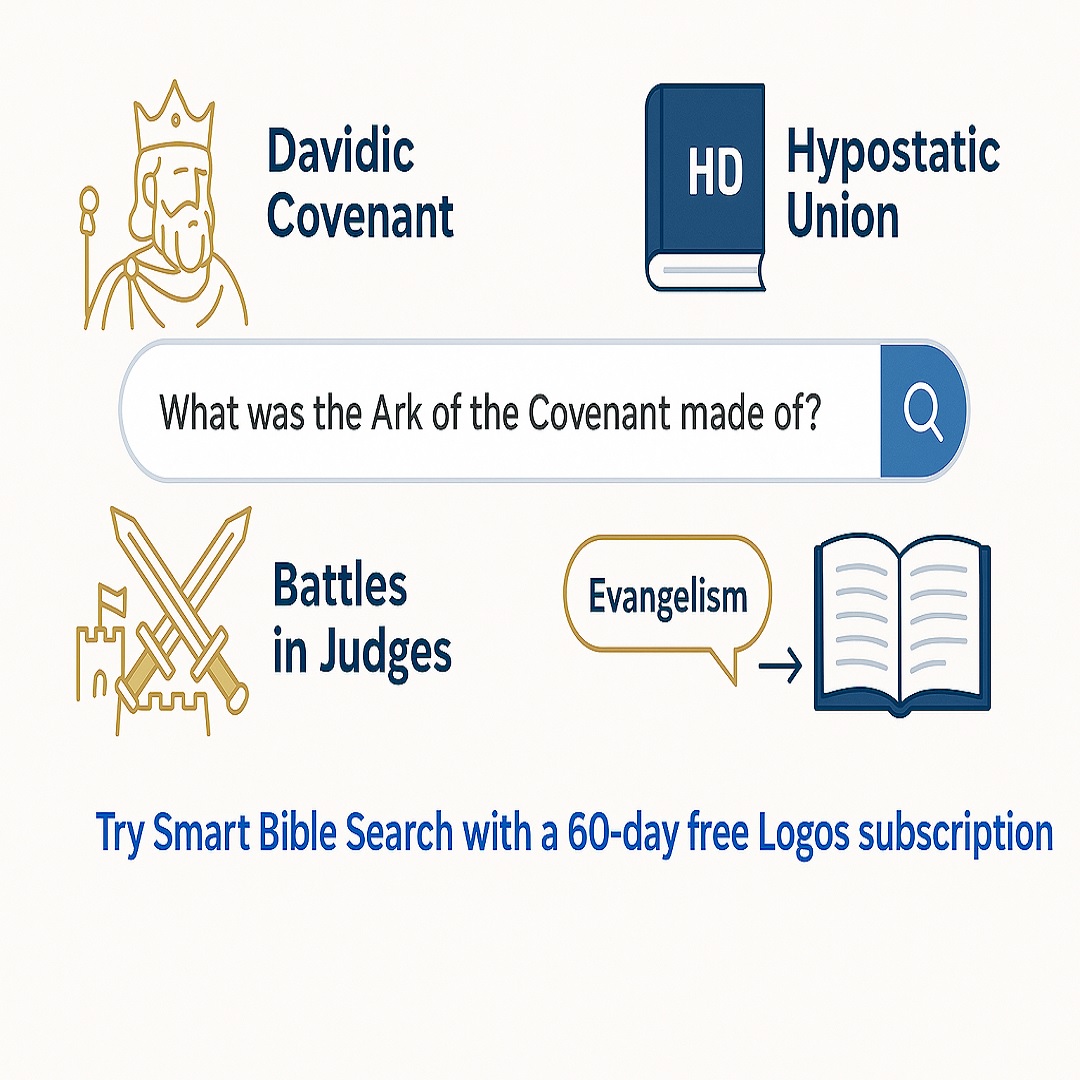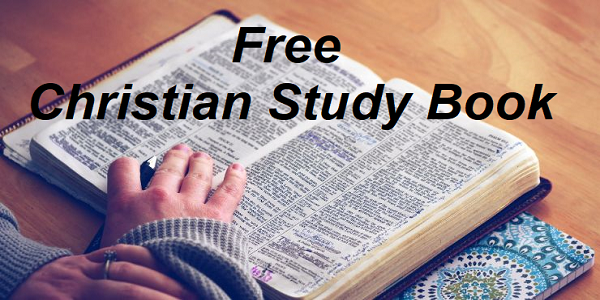Below is a list of questions taken directly from the book “Against the Flow” (Affiliate link), a study of the Old Testament Bible Book of Daniel. The book is subtitled, “The Inspiration of Daniel in an Age of Relativism“. It is written by John C Lennox. There is also a study guide (Affiliate link) that you can purchase separately.
I found the book to be very useful. Not so much from his commentary point of view, which, though very readable, concise and valuable, was not particularly new information, but the application to our current day and age was very applicable.
However, I was most impressed with and challenged by the questions in the book. I have listed them below. Usually, questions in a book like this are… well, I don’t wish to be uncharitable, but they are, what I call, busy questions. They are put there to help you remember what was in the book and not much else. Such questions, whilst they have their place, rarely pose any challenge to them. In contrast, the questions below require much more thought.
The book is not required to make an attempt at most of the questions. But I highly recommend you read the book and then try to answer. You could even try to give an answer and then go out and buy the book and have another go after you have read it. I guarantee your answers will not be the same. To my mind, these are the sorts of questions that every Christian should at the very least think about.
QUESTIONS FOR REFLECTION OR DISCUSSION
The questions are divided into thirteen sessions, corresponding to the chapters of Daniel (with two introductory ones). The chapters of Against the Flow (ATF) that relate to each chapter of Daniel are also indicated.
Questions on Daniel Chapter 1 Study 1 (Against the Flow Chapters 1–4)
1. How much does your view of the Bible require a belief in its historical reliability? How does the issue of historical reliability affect the use of Daniel’s book in (a) devotion, and (b) evangelism?
2. How would you respond to someone who said that every human action is ultimately caused by events outside of their control, and therefore no one is responsible for the things they do?
3. Babylon was magnificent in Daniel’s day. Do you think that appreciation of art and architecture may contain an element of idolatry? What are the gods that are worshipped in our society today? What are the intellectual and moral effects of idolatry (see Romans 1: 21–32)?
4. What do you understand by “sacred”? How would you explain its relevance to the society in which you live?
5. How would you try to convince a sceptic that we are made in God’s image and not the other way round?
6. Complete the sentence: “The way to find meaning in life is…” (You may wish to explore the difference between “living in” and “living for” the world, and the need for a frame of reference outside the universe.)
Questions on Daniel Chapter 1 Study 2 (Against the Flow Chapters 5–8)
1. What can we learn from Daniel’s attitude to Babylonian education and culture? What advice would you give to a young Christian about to embark on a life at university?
2. (a) What was the purpose of the Old Testament food laws, especially in light of the fact that the Lord cancelled them (Mark 7: 18–20; compare 1 Timothy 4: 3–5; Romans 14: 14)? See Leviticus 11: 44 and Acts 10: 11–16, 28. On the prohibition against eating blood, see Leviticus 17: 10–16. (b) Has the prohibition against eating food sacrificed to idols any relevance to us? See 1 Corinthians 10: 19–22 and Revelation 2: 14, 20.
3. How would you respond to someone who said that science had “disproved God”? What is the main difference between God as revealed in the Bible and the gods of the ancient world? How does this distinction help evangelism, and yet how might it make depicting God more difficult?
4. What do you understand by apologetics? Discuss the suggestion that apologetics is persuasive evangelism.
5. Should we protest? If so, over what issues and in what ways? What can we learn from how Daniel and his friends made their protest?
6. What things threaten to prevent you from sharing your faith openly and respectfully?
7. How would you seek to help someone to believe who had a more powerful intellect than you?
Questions on Daniel Chapter 2 (Against the Flow Chapters 9–10)
1. What is the difference between clever forecasting and revelation? Why is the question of whether or not there is revelation important? How would you describe how reason and revelation work together?
2. What view does the dream image present of the various kinds of human government? Why do these ultimately have to be replaced?
3. God revealed to Daniel what Nebuchadnezzar had dreamed. In the contemporary world, where people are rightly sensitive about religious extremism, how do you respond when someone says: “God told me…”?
4. Do you think that democracy is the best way to guard against totalitarian control? Are there inherent weaknesses, and if so, what might be done to minimise these?
5. What would you say to someone who maintained that the vast majority of people are good?
6. The New Testament tells us that Christ is “the stone” (Acts 4: 11). Has this stone already fallen and crushed the world empires to powder? If not, when will the stone fall?
Questions on Daniel Chapter 3 (Against the Flow Chapter 11)
1. What should the normal attitude of the Christian be to the state? (See Luke 20: 19–26; Romans 13: 1–7; 1 Timothy 2: 1–4; 1 Peter 2: 13–17.) Under what circumstances should we refuse to submit to the state? (See Acts 4: 19–20; 5: 27–29.)
2. What are the strengths and weaknesses of a church formally linked to the governing state?
3. What does Nebuchadnezzar’s demand for “worship” really involve (compare Matthew 4: 9)? Is there any counterpart to this today or in the future (2 Thessalonians 2: 3–4; Revelation 13: 4)?
4. What is the best way to pray for Christians suffering persecution?
5. Why did God not deliver Daniel’s friends earlier? What issues did this make them face?
Questions on Daniel Chapter 4 (Against the Flow Chapter 12)
1. Nebuchadnezzar was highly cultured and a brilliant architect. What part are the arts and culture meant to play in our lives? Is all cultural activity healthy? What was wrong with Nebuchadnezzar’s attitude? What can go wrong with us? Discuss Philippians 4: 8 in the light of these questions.
2. What was the significance of the nature of God’s discipline of Nebuchadnezzar? Does God still discipline in this way today (Romans 1: 24–28)?
3. How would you characterise the essential difference between animals and human beings? What are the implications for morality and animal rights?
Questions on Daniel Chapter 5 (Against the Flow Chapter 13)
1. What is the significance of what Belshazzar did with the golden vessels from the temple?
2. What:
- Are “values”?
- Does Daniel 5 teach about their nature?
- Were Belshazzar’s values?
- Is God’s concept of value? (Compare Luke 12: 13–24; 1 Peter 1: 18–19; 2: 6–7.)
3. Why was God’s judgment of Belshazzar so much harsher than that of Nebuchadnezzar?
4. Daniel brought a message from God to King Belshazzar. In what ways can God’s servants today bring prophetic insight and even warnings to those in positions of leadership and government?
Questions on Daniel Chapter 6 (Against the Flow Chapters 14–15)
1. How would you incorporate the findings of archaeology into a defence of the historical reliability of the Bible?
2. Does the invention of laws to which everyone is subject represent a major advance in human civilisation? Where can things go wrong?
3. How do you face the argument that, since differences in religion are often the cause of war and bloodshed, it would be better to have one worldwide religion which is enforced by the state?
4. Daniel believed in an absolute law. What are the implications of this for today? If we are living for God’s kingdom while being good citizens of the state, how should we conduct ourselves when the customs of those around us break God’s laws?
5. How would you display tolerance when you (a) disagreed with, or (b) disapproved of, someone’s speech or behaviour?
6. What lessons on prayer can we learn from Daniel 6?
Chapter 7 (Against the Flow Chapter 16)
1. What can we learn from comparing the critique of world empires given in Daniel 7 with that given in Daniel 2?
2. What does the imagery of verses 9–10 tell us about the nature of God’s judgment? (Compare Revelation 1: 12–16.)
3. What can we learn from comparing Daniel 7: 11, 25 with Revelation 13: 5–7?
4. (a) How do you understand the title “Son of Man” when applied to the Lord Jesus? The first mention of this title in Matthew is 8: 20 and the last is 26: 64. The first mention in John is 1: 51, the last 13: 31. What can we learn from these verses about the character of the Son of Man and his rule? (b) What is the relevance of the title “Son of Man” to judgment? (See also John 5: 27; Revelation 1: 12–16.)
5. How would you seek to convince someone that God’s future judgment of the human race is a good thing?
6. How might the news that God will not always deliver his people out of trouble be an encouragement?
Questions on Daniel Chapter 8 (Daniel Question From Against the Flow Chapter 17)
1. Antiochus “Epiphanes” is depicted in verses 9–14. What makes him so significant in history?
2. Antiochus took away the daily sacrifice and threw truth to the ground. What is the significance of these actions? What is the relation of truth to power (John 18: 37; 19: 10–11)?
3. In what sense does this vision concern the “time of the end” (verses 17 and 19)?
4. How might you use the history behind the Jewish festival of Hanukkah to affirm the claims of Jesus to be Messiah and Lord?
Chapter 9 (Against the Flow Chapters 18–20)
1. Why do you think Jeremiah 29: 10–14 drove Daniel to prayer? What are the main lessons to be drawn from his prayer? Are there any similarities between this and Paul’s concern in Romans 9: 1–4?
2. Why was the restoration of Israel necessary (Ezekiel 39: 25–29)?
3. How does the Word of God, the Bible, fit into your prayer life, in terms of both adoration and intercession?
4. Just before the Lord was crucified, he talked to his disciples about the temple and the city of Jerusalem (Luke 21: 5–6, 20–24). Does this help us make sense of Daniel 9: 26? How do Acts 1: 6–7 and 3: 14, 19–21 carry the ideas forward?
5. What is the significance of the “abomination that causes desolation”? (Compare Daniel 8: 13; 11: 31 with Matthew 24: 15–28.)
Questions on Daniel Chapter 10 (Against the Flow Chapter 21)
1. Daniel was fasting as he prayed in earnest for God’s people. How might this have helped?
2. Compare the vision of the man above the river (verses 4–8) with that of Revelation 1: 12–17.
3. What is the great war to which Daniel 10: 1 refers? Is it related to our warfare in Ephesians 6: 12–18? What is the nature of our warfare?
4. How would you describe the unseen world of angels (good and bad) to someone sceptical of the non-material world?
Chapter 11 (Against the Flow Chapter 22)
1. How would you respond to someone who dismissed the Bible’s warnings on the basis that people’s predictions of the end of the world have repeatedly been proved wrong in the past?
Questions on Daniel Chapter 12 (Against the Flow Chapter 23)
1. How would you explain the presence of both promise and warning in John 3: 16?
2. What encouragement can we derive from the message of Daniel 12? What hope does it give to those under pressure for their faith?
3. Looking again at the very first question–Question 1, Daniel 1, Study 1: How much does your view of the Bible require a belief in its historical reliability?–Has your view altered in any way through your study of the book of Daniel?

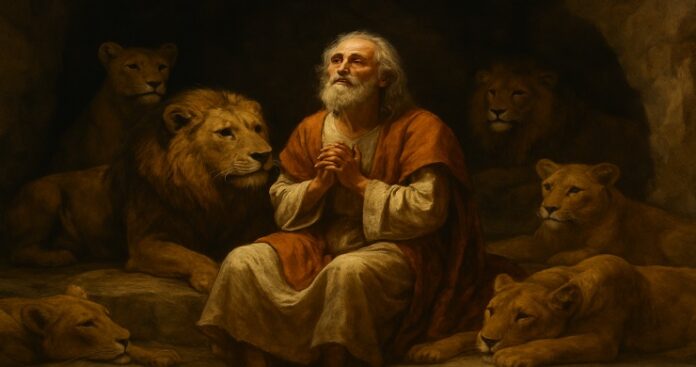

 Search The Bible the way you have always wanted to.
Search The Bible the way you have always wanted to.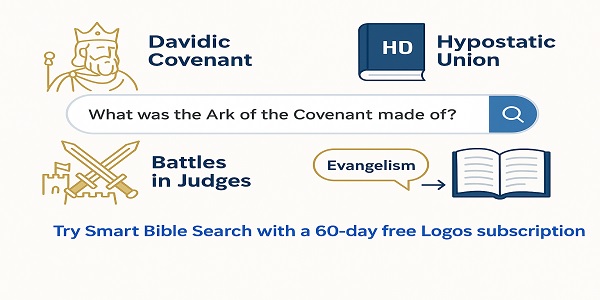
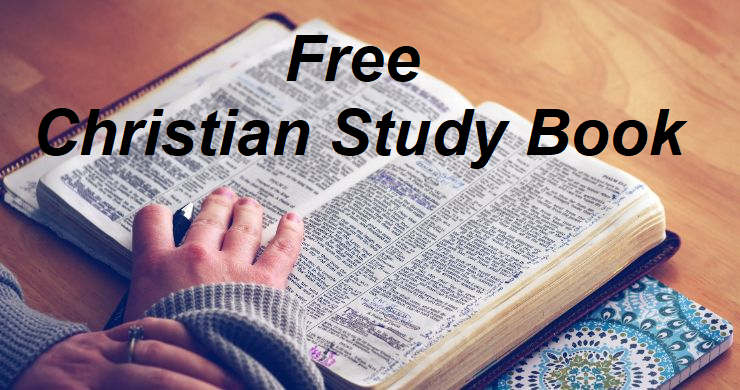
 The most complete Bible study Platform. Start you Free trial Now!
The most complete Bible study Platform. Start you Free trial Now!